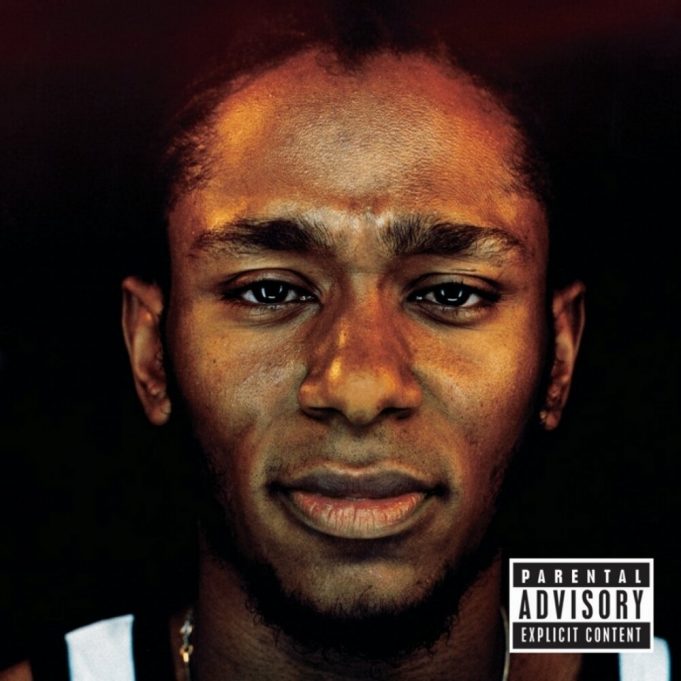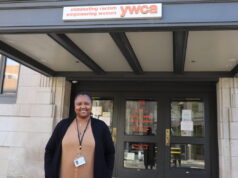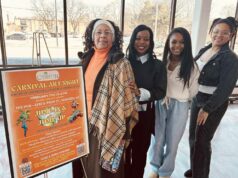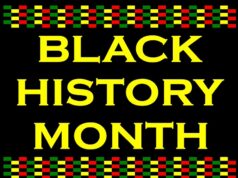Why did one straw break the camel’s back? Here’s the secret: The million other straws underneath it.
Those were the closing lyrics to rapper Yasiin Bey (formerly known as Mos Def)’s 1999 song ‘Mathematics’. Before, I previously thought of them as a few of the many dope rhymes Yasiin Bey has blessed us with over the years. But as of this morning, I now see that these lyrics encapsulate succinctly the motivations behind what occurred in my hometown of Milwaukee last night.
To be honest, I never thought this would happen, especially in the place that raised me and made me into the person I am today. The uprising in Milwaukee over the weekend over yet another officer involved shooting has elicited many different responses. Some people have noted how embarrassed they are to be from Milwaukee. Others expressed fear and concern for their families. As for me, I’m just Kanye shrugging right now. It may come off as insensitive, but I see what occurred last night as a ‘chickens coming home to roost’sort of situation.
In a 1966 interview with 60 Minutes on CBS, Dr. Martin Luther King said that “riot is the language of the unheard,” and that it would be irresponsible for him to condemn rioting without acknowledging the conditions that spurred it in the first place. Somehow 50 years later, we still have not heeded these very wise words from Dr. King. Not only do we, as people of color remain unheard, we are further marginalized and painted with generalizations so large that they oftentimes feel suffocating. There’s a very visible frustration involved in this, frustration that seems to have boiled over into destruction, riot and violence this weekend. The city is hurting, and has been hurting for a long time. Unfortunately, it took a burning gas station and broken glass for people to realize this.
Rioting doesn’t seem normal to you all, I get it. But what also isn’t normal is the antagonism with which the members of the inner city are treated with. By police, by politicians, by pretty much anyone with influence in the city. A good number of you condemning the unrest occurring in Milwaukee right now presumably grew up with police officers that you could trust to protect and serve. A lot of the people who I grew up with in our neighborhoods dealt with cops who embodied the antithesis of de-escalation.
This is about more than the police, though. It’s really about incredibly inaccurate perceptions of the inner city that are fueling both its’ neglect and chastisement by surrounding communities. A lot of people seemingly fall over themselves to tout these stereotypes of inner-city Milwaukee to justify depriving it of opportunities which in turn leaves its inhabitants even more hopeless and desperate.
The most frustrating part of this though is nearly every single perception that an outsider has of inner-city Milwaukee is really not that accurate. Whether that be the number of people working/on government assistance, the absentee father rate, and even their views regarding the children who attend Milwaukee’s public schools. What the people who make decisions regarding inner-city Milwaukee actually know about inner-city Milwaukee can fit probably not even on an index card, more like the nail on an index finger. People don’t take time to examine just how untrue these stereotypes are because it’s easier for them to give in and accept them than to admit that racial injustice still exists in this country, and that through acceptance of these stereotypes they do in fact have a hand in perpetuating it.
To those who condemn the rioting, yet otherwise ignore the plight of inner-city Milwaukeeans, I implore you to take a long, hard look at what and who you support and the impact they have on these communities. Perhaps then you can get an inkling of the pain, hurt and neglect these areas perpetually feel. Realize that our backs are largely against the wall. Decades of being mischaracterized, victimized and neglected have manifested itself into what you see this morning. It’s not right, but it is the reality we all have to live with going forward.
You yourself are more than likely not racist. But it is vital for you to realize that these systems, whether they be law enforcement, justice, political, education and even in media, were not originally meant for our own well-being as minorities in this country. Although great strides have been made as it pertains to these systems, structurally they’re set up to reinforce inaccurate stereotypes of marginalized groups to ensure that they stay within those margins and not proceed to take a seat at the table. Don’t fall into that trap. Take the time to know what’s really happening, listen to the people in these communities and support those who not only talk about equality but also walk the walk with it as well.
But I will say to the people committing arson and destroying the city, I completely understand your pain, because to this day I carry it with me. However, there are better, more meaningful ways to ensure your voice is heard and to let these people know that your life does in fact matter. There are buycotts, boycotts, sit-ins at courthouses, police stations, legislatures, board meetings and everywhere else that people make decisions negatively impacting our lives and our neighborhoods.
As citizens of this country we have the right to assemble, to organize and to let these people know that we are still here, we see the decisions you make, we know how negatively they impact us and we will not stand for it any longer. This is where true change and true empowerment comes from. The sooner we aggressively adopt these strategies, the sooner we ensure that all of us exist in a space where opportunity and fairness aren’t concepts reserved solely for the fair skinned.










